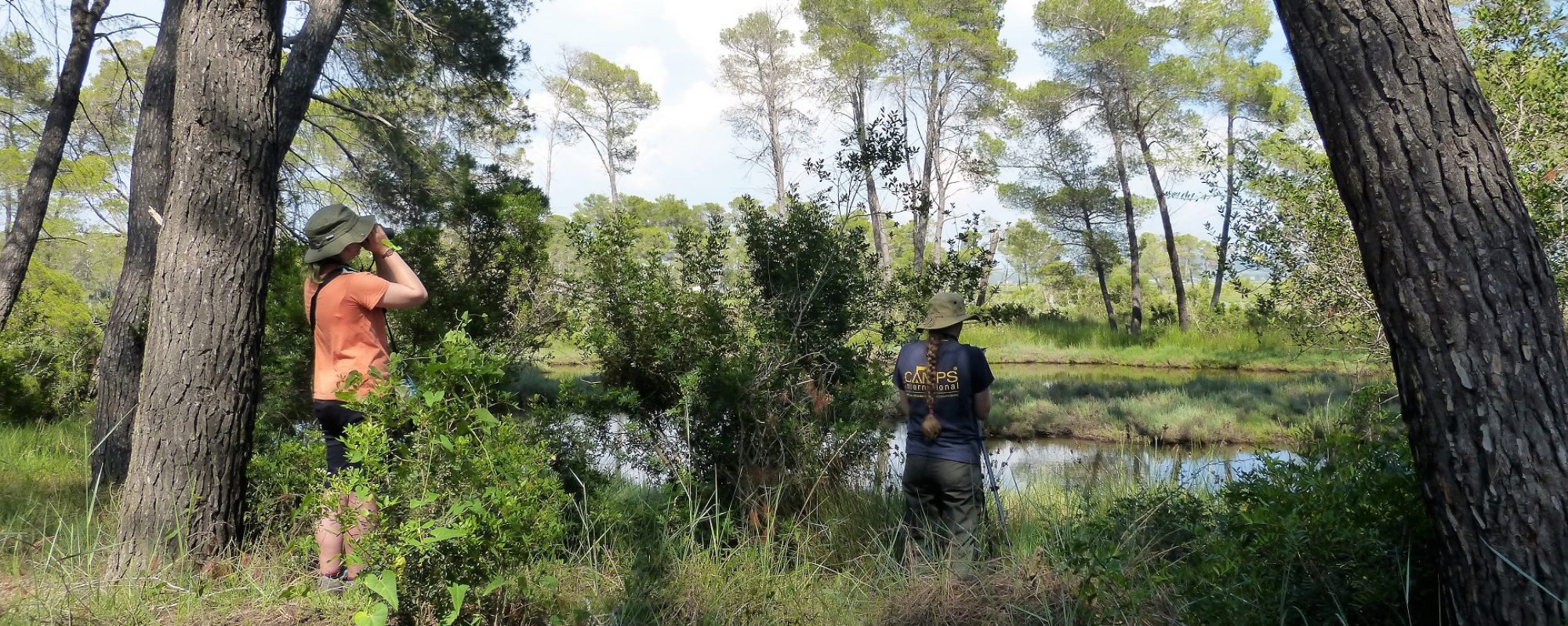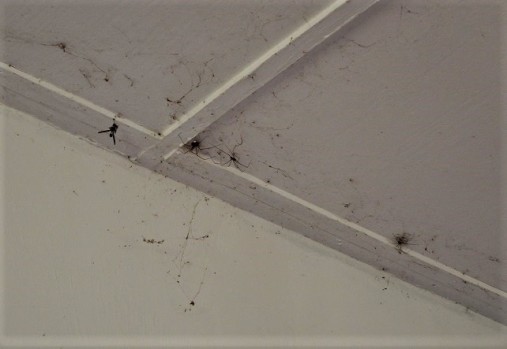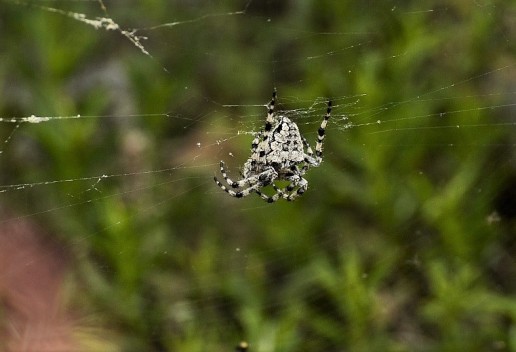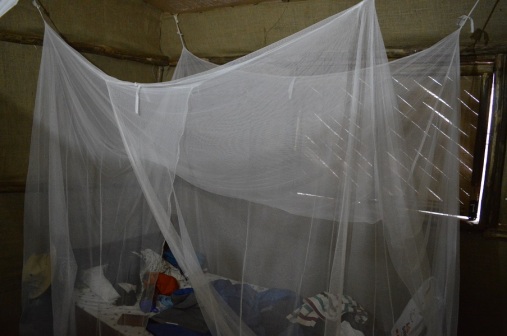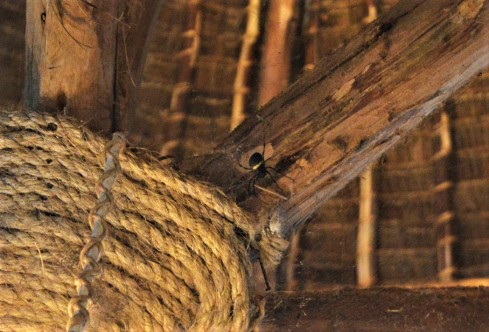At the start of this year I invested a great deal of time researching and enquiring about potential internships for my summer break. These plans have, unfortunately, had to be amended slightly.
So many of these ‘internships’ cost in excess of £1000 per week, and that’s not even including flights, visas, travel insurance or any essential equipment.

I did manage to find some opportunities that were free or even offered partial funding, but these are few and far between and many of them were not suited to me (as an undergraduate student) or required more time than I could commit.
(Due to a series of unfortunate circumstances last summer, I began my first year of university with very little money and this has at times been a bit stressful, so I am keen to get back into full time work this summer and hopefully gather some savings together to support me through second year – so spending the entire summer volunteering is not an option for me.)
Despite not being able to find a suitable internship for this summer, I am planning some photography trips and may even venture abroad at some point, so all is not lost and I still hoping to make my time off uni worthwhile!

Anyway, back to the subject of expensive internships…
I joined a Facebook group where lots of conservation careers opportunities are shared, and I have noticed that many people question how much good a lot of these ‘providers’ actually do.
It is my belief that these organisations should be there solely for the protection, restoration and research of the natural world, and anybody interested in contributing to this great work should be welcomed with open arms.
But instead, profit seems to take precedence over inclusivity, the ‘visitor experience’ is more important than the task at hand, and it almost seems as though in many cases these businesses are trying to sugar-coat the situation.
The reality here is that we are failing our planet, and even in the midst of people who are supposed to care, money is still placed at a higher value than caring for the natural world.
We need to be encouraging people from all backgrounds to take an interest in conservation, yet there is this elitist attitude that is preventing people from accessing it.
Of course, providing food and accommodation for volunteers does require some contribution, but there is a significant difference between covering costs and expecting students (or their parents) to pay several thousand pounds for the experience.
It is perhaps a little ironic that I am now about to discuss the expedition I went on to Tanzania and Kenya when I was eighteen, with an organisation called Camps International.

This was in itself a significant financial commitment, and I spent close to a year and a half fundraising and working to get the funds together for it. During the fundraising events that I held (with the help of my parents) I had to become an advocate for Camps International, talking about the many projects they conduct around the world and persuading people that it was a worthwhile cause to donate to.
The month that I spent out there was perhaps one of the most influential times of my life. We worked hard and achieved a lot while we were there, from building a house for a lady whose children had died, to planting trees, to constructing elephant deterrent fencing to reduce human-wildlife conflict.
Towards the end of the trip we had a talk from the women’s group that had been founded by Camps International in the community surrounding our camp in Kenya. The camp was near a busy highway which had hundreds of trucks passing through every day, and it was common for women from the surrounding villages to sell themselves as prostitutes there. Camps International had provided alternative jobs for these women, and as well as helping them directly, had also helped to prevent the spread of HIV, which was rife in the community.

Of course, we did get days off from volunteering, and during our month there we had the privilege of going on a safari and engaging in a diving course off the coast of Tanzania.
Returning to my previous comment about many of the trips I have seen advertised catering more for the visitor experience than actually being for the benefit of the wildlife or people, I recently saw an expedition being sold to students on the fact that ‘you can take selfies with turtles’.
Somehow, I don’t think satisfying students’ social media egos is quite what the turtles need, and I think that this kind of advertising will attract the wrong sort of people onto the expeditions – not to mention that this could actually be quite a stressful experience for the turtle, which is a wild animal and would not likely be comfortable being so close to a human. In my opinion, contact with wild animals should be minimised, and volunteers should only be approaching them when absolutely necessary.
The planet desperately needs our help, and if students (or other people) are searching for conservation-related opportunities to participate in, they should be able to engage with projects that are affordable, but that also have a meaningful impact. We shouldn’t be putting a price on our planet’s well-being.
